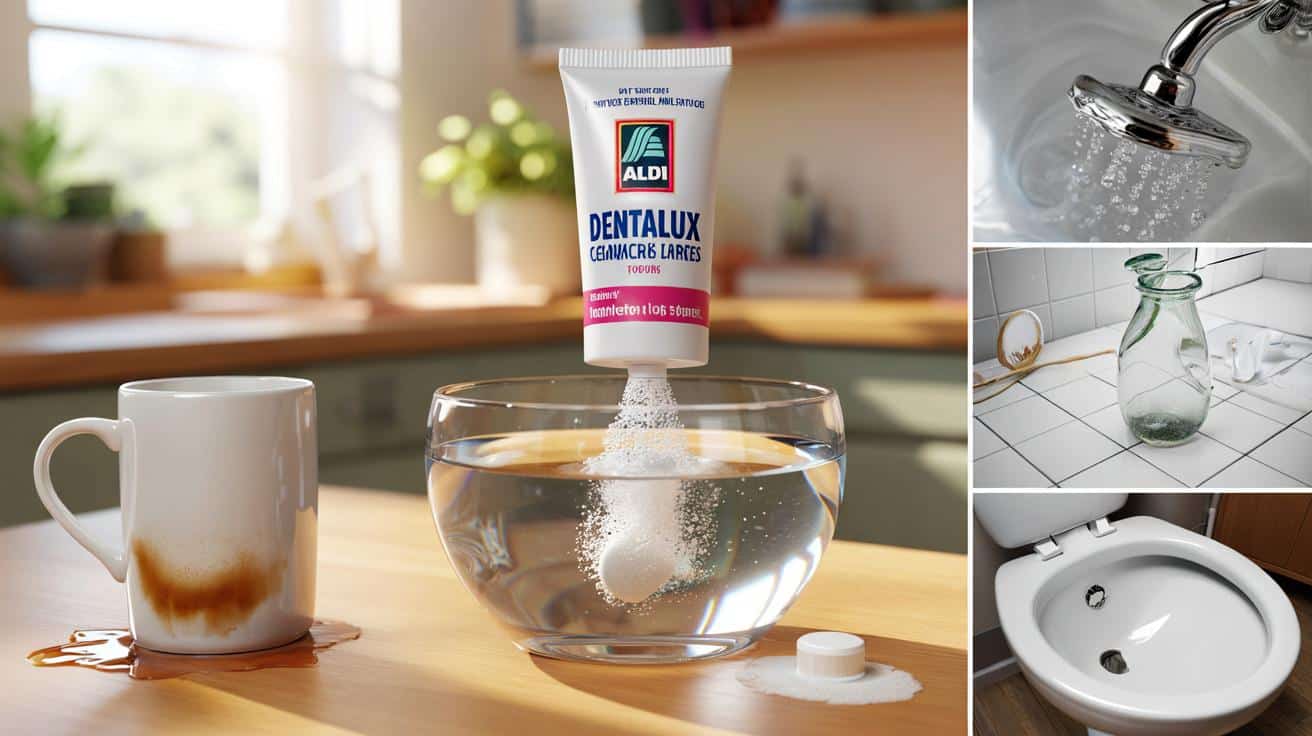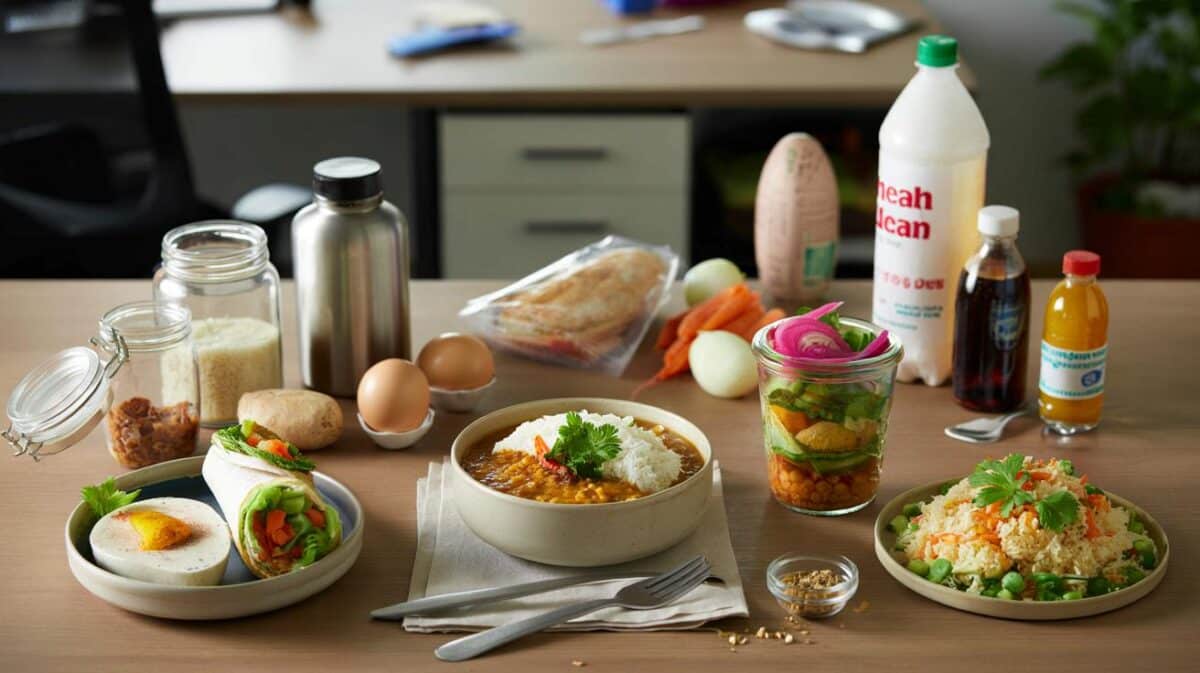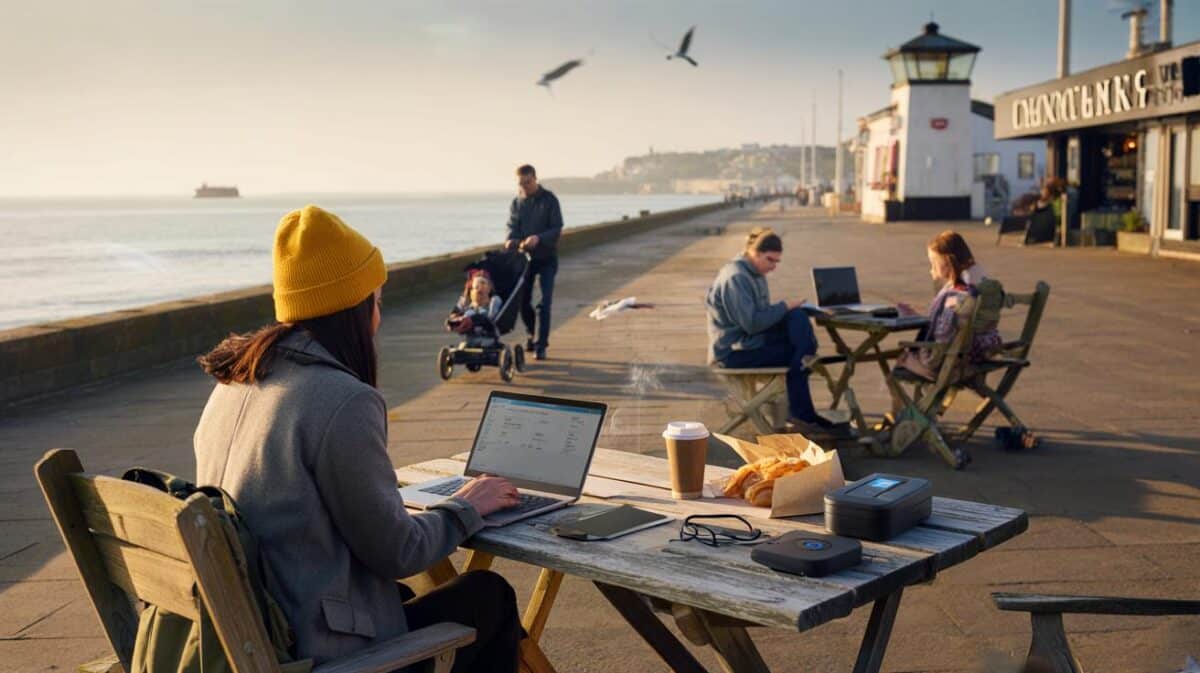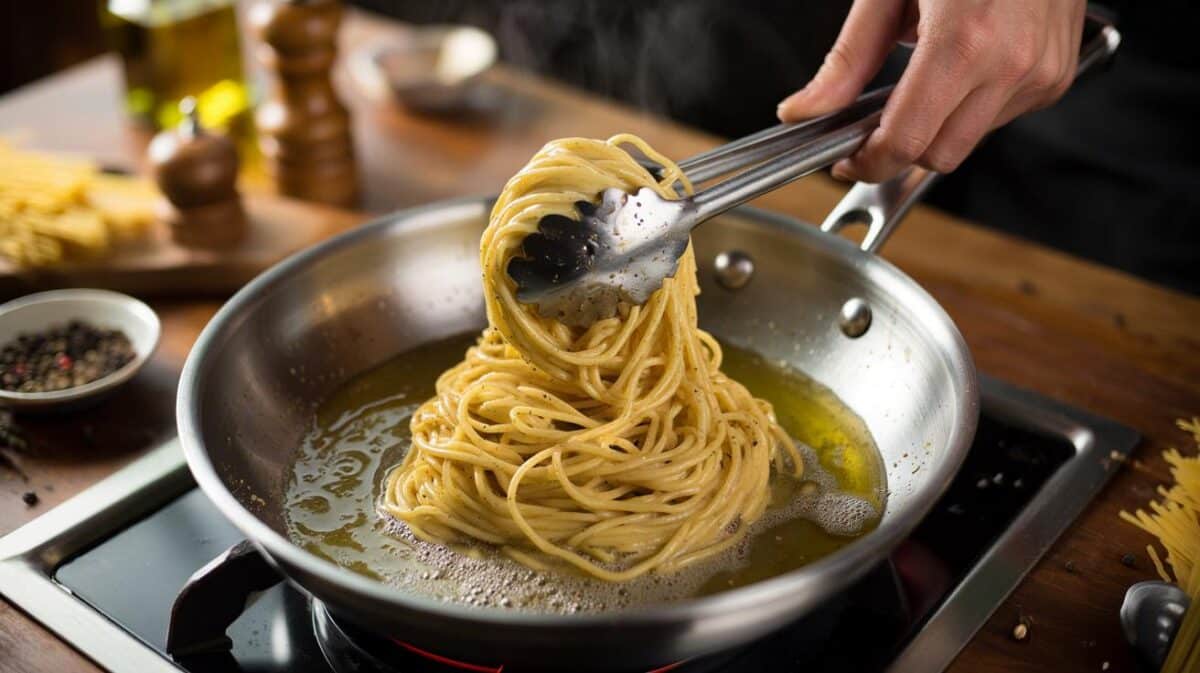Here’s the quiet £1.50 Aldi buy that quietly knocks five of them off your list.
I first saw it on a slow Sunday, sunlight on the sink, the kettle hissing like it had something to say. Tea rings clung to my favourite mug, the loo had that faint chalky halo, and the shower head looked like it needed a holiday. My neighbour popped in, clocked the scene, and reached into her tote for a tiny tube I’d never noticed in Aldi: denture cleaning tablets.
She dropped one into the loo. Fizz. Another into a stained vase. Fizz. The mug went into a bowl with warm water and a tablet. Fizz again. Fifteen minutes later, everything looked fresher, brighter, lighter. No heavy bleach smell. No scrubbing rage. Just quiet chemistry doing the heavy lifting.
One tiny tablet.
Meet the £1.50 multitasker
Aldi’s own-brand denture cleaning tablets (look for Dentalux in the health aisle) cost about £1.49 for a pack. They’re made to lift stains from delicate dentures, which means they’re surprisingly gentle on the things in your home that hold stains and smells. Pop a tablet in warm water and it begins to fizz, releasing oxygen that loosens grime.
You’re not hauling home another bulky spray. You’re grabbing a tube that slips into a kitchen drawer and quietly replaces a caddy of “specialist” bottles. **One £1.50 tube can replace five pricey products.** That’s not hype. It’s the same oxygen-based action you’ll find in some premium stain removers, just without the fancy label or the markup.
We’ve all had that moment when you open the cupboard and twenty half-used bottles stare back, each for a job you do twice a year. A UK household can easily spend £80–£120 a year on niche cleaners, from limescale gels to grout brighteners. Swap in these tablets for the fiddly, occasional jobs—tea stains, loo rings, cloudy vases—and your “specialist” budget shrinks. Not to mention plastic clutter. Less faff, less waste, more room under the sink.
Here’s why they work. Each tablet typically combines sodium percarbonate (oxygen bleach), citric acid, and mild detergents. As it fizzes, oxygen bubbles lift stains while the acid softens limescale buildup. You get whitening for tannin marks, deodorising for funky bottles, and descaling for shower heads and toilet bowls. **Do not mix with bleach, ever.** And go easy on delicate surfaces like natural stone or raw aluminium. Common sense, quick rinse, job done.
Five swaps you can make today
Toilet descaler swap: drop two tablets into the bowl at night, swish with the brush, and walk away. The gentle fizz gets to work on those pale rings under the waterline and around the rim. In the morning, a light brush is usually enough to clear the chalky haze. Leave it overnight if you can.
Mug and bottle rescue: fill a stained mug or a reusable bottle with warm water and add half to one tablet. Let it sit for 20–40 minutes, then rinse. Tea and coffee ghosts lift without harsh bleach, and the stale bottle smell goes too. Let’s be honest: nobody really does that every day. So when you finally remember, you want something that works in one go, without scrubbing your knuckles raw or buying a niche “mug cleaner”.
Shower head and grout refresher: unscrew the shower head and soak it in a bowl of warm water with one tablet for an hour, then rinse. For grout lines, crush half a tablet with a splash of water into a paste, dab it on, wait 10–15 minutes, wipe, and rinse. **Always rinse surfaces that touch food.**
“It’s the sort of product your nan would trust—simple, cheap, and it just works,” says Claire, a rental host in Manchester who now buys three tubes at a time.
- Limescale remover swap: shower heads, taps, vases, and loo rings.
- Tea and coffee stain remover swap: mugs, flasks, and ceramic teapots.
- Deodoriser swap: lunch boxes, water bottles, sports shaker cups.
- Grout brightener swap: a quick paste for tired lines.
- Soak-and-lift soak swap: oven racks and fridge shelves (short soak, then rinse well).
Small price, big rethink
This is less about one clever product, more about a calmer way to clean. Fewer bottles. Fewer labels shouting at you. A little fizz that turns stained mugs and chalky bathrooms into low-effort wins. If you rent, share, or live small, the difference feels bigger than the price suggests—and if you’ve got kids, it’s nice to skip the throat-catch of heavy bleach for the everyday stuff.
You might still keep a serious degreaser for the cooker or a specialist product for marble. That’s fine. The real shift is psychological: clean becomes a five‑minute soak while you scroll, not a Saturday chore you dread. Use what you have. Buy one thing that earns its space. Tell a friend who just moved in or just moved on. Little habits spread.
| Point clé | Détail | Intérêt pour le lecteur |
|---|---|---|
| One £1.50 buy replaces five | Denture cleaning tablets handle limescale, stains, odours, grout and soak jobs | Saves money and cupboard space |
| Simple method | Warm water + tablet, 15–60 minutes, rinse | Low effort, no hard scrubbing |
| Smart safety | No mixing with bleach; avoid natural stone and aluminium; rinse well | Protects surfaces and health |
FAQ :
- What exactly should I look for at Aldi?Aldi’s own-brand denture cleaning tablets (often labelled Dentalux). Expect around 30–40 tablets per tube for roughly £1.49.
- Can I use them in a kettle?Not recommended. Kettles touch what you drink, and manufacturers advise specific descalers. Use the tablets for vases, shower heads and loos instead.
- Are they safe on stainless steel?Yes for short soaks like bottles, flasks and shower heads. Rinse thoroughly and dry. Avoid soaking raw aluminium.
- Will they bleach colours?They’re oxygen-based, so they can lighten dyes. Test an inconspicuous patch and keep them away from coloured textiles you care about.
- Can I mix them with bleach or other cleaners?No. Keep it simple: tablet + warm water only. Mixing chemicals is risky and pointless here.










Just tried the Dentalux tablets on a calcified shower head—left it soaking for an hour and the spray is back! Honestly didn’t expect much for £1.50, but wow—definitley keeping a tube in the drawer.